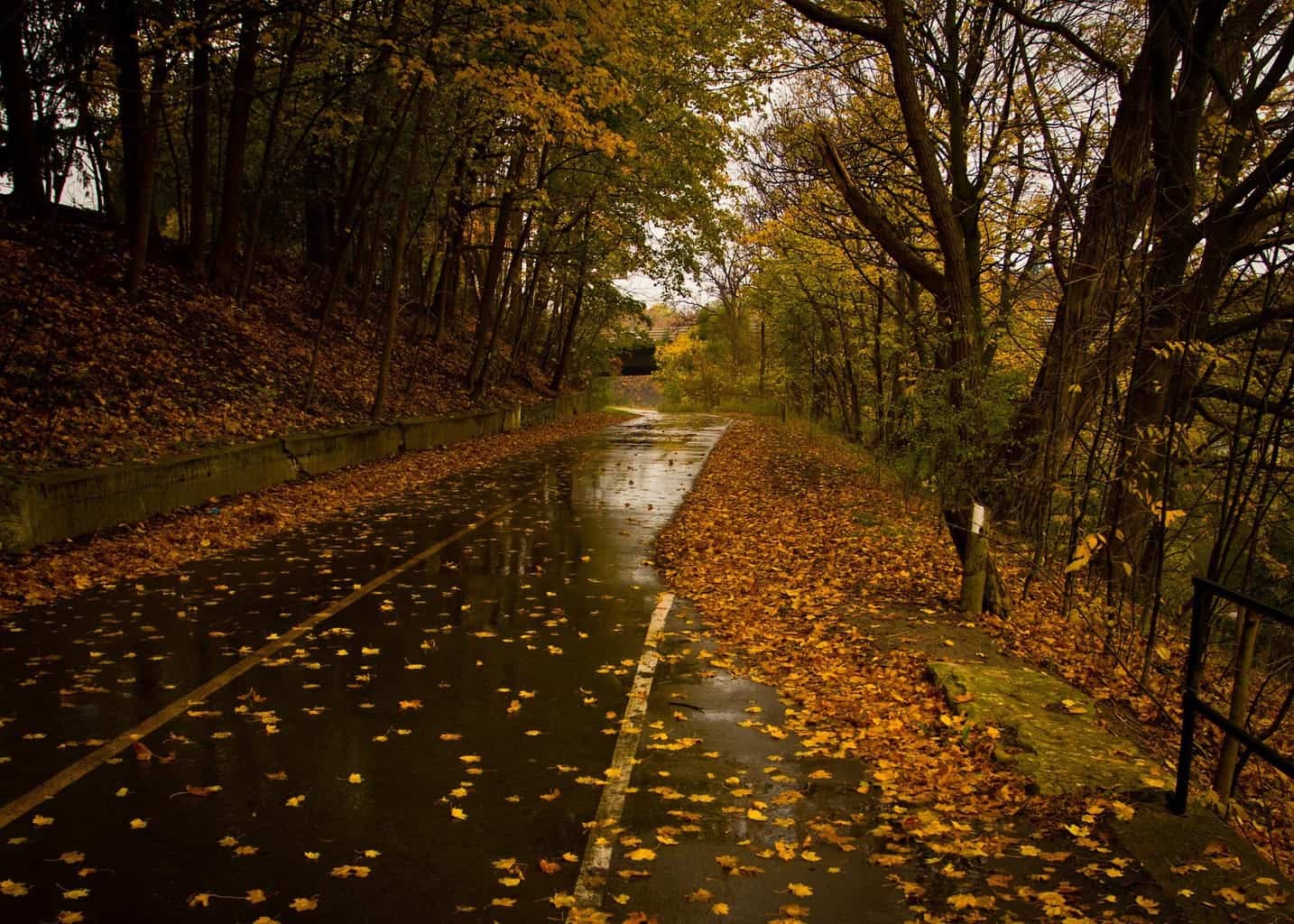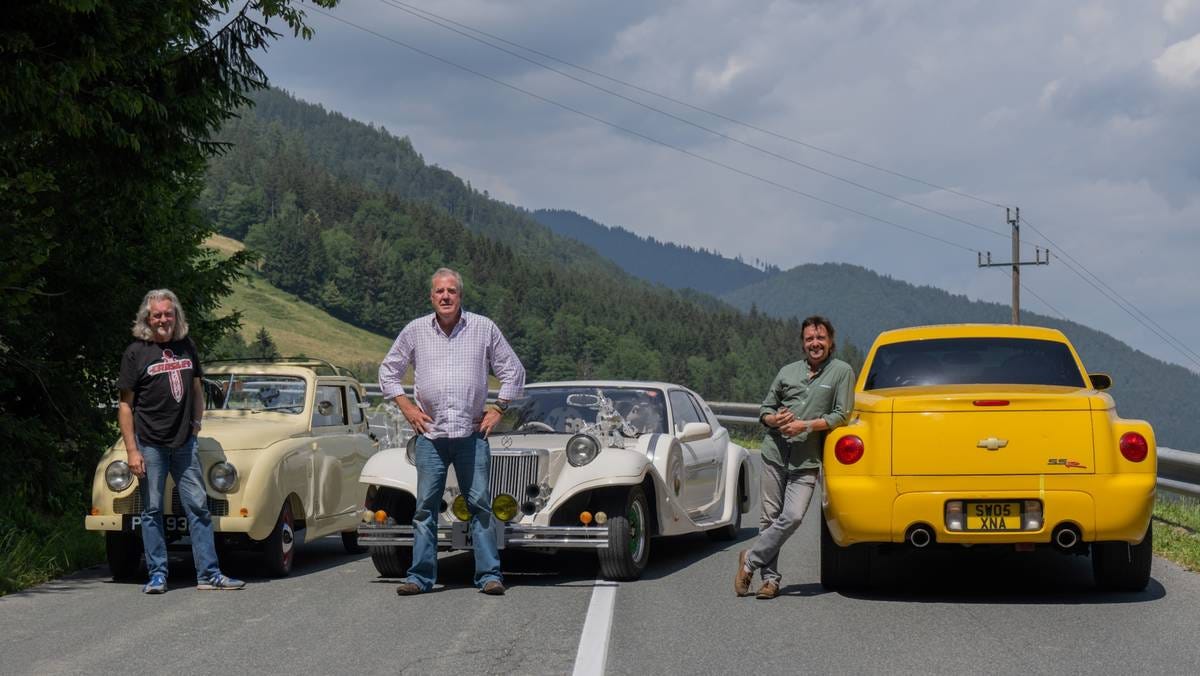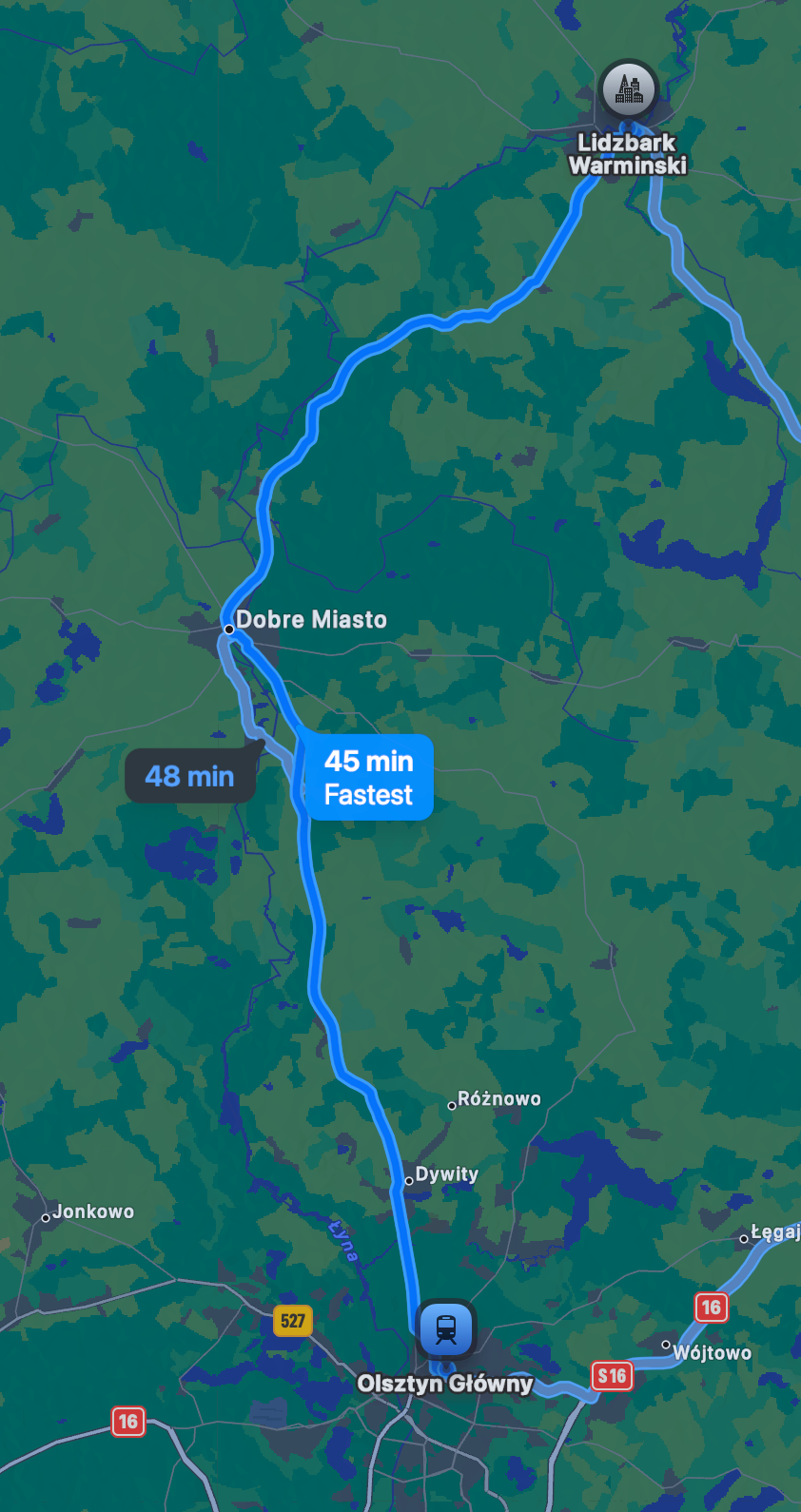One day of October I found myself on a car in Poland, traversing endless kilometres through thick forest. My starting point was a train, hours south. The trip was set to be unremarkable, other than the fact that I was traveling with someone very dear to me. The journey was to be a bit over 24h between locking my home up and unlocking it again, and it was purely instrumental. Such a trip turned out to not be solely purpose-driven, but a hilariously short, beautiful experience.
Traveling North or East from Warsaw means heading for the countryside, soon finding Belarus, Lithuania, or the Russian Kaliningrad Óblast. People in Poland keep repeating to me that Warmia i Mazury is the poorest region of their country, although beautiful. My few visits there proved the opposite in terms of wealth and reinforced a sense of wonderment upon nature’s virginity. Perhaps the wealth is not counted on Gold and Myrrh, but theirs is a wealth of spirit and beauty. Even the trio of crazy car enthusiasts from the Amazon show The Grand Tour pointed out in one of their Special episodes (i.e., S5 E2 - The Grand Tour: Eurocrash), in a rather pedestrian way, that Polish forests were impressive. In my case, I was doing a shorter, more silent version of a similar trip.
I started in Warsaw in the late afternoon, headed north two hours and a half by train on an uninspiring old, German machine, and arrived in Olsztyn—Allenstein for those with German roots. A couple of music teachers from the region, who later turned out to be husband and wife, picked us up to do the last leg of the trip by car. Final destination: Lizbark Warmiński. As it is usual in Poland, with its spread out territory, its shape just like a homemade crêpe gone a bit sideways (still edible and yummy), car trips take twice as long as expected. Highways are scarce in relation to the surface area, and secondary roads (I’d say quaternary in too many cases) are very common pathways between cities or villages. 48 kilometres were going to take 45 mins. 1km/min is not a prospect that anyone is ever looking forward to, especially at 8pm after an arduous day of work and a relatively long trip. Before hopping on the car and after the customary niceties with our sweet couple, I noticed that the weather seemed unpredictable. The cold winds from the north, added to the smell of rain in the air, made me feel for the first time in 2024 like summer was undoubtedly far gone. Suddenly, I remembered: Chopin’s death anniversary was nearly there. My dark suit made from some elastic fibers was not gonna keep me warm enough.
We hopped on the car and drove away over an incipient drizzle and already in full darkness. I could not believe that 8pm already meant that the sun was already hiding away. I thought to myself: “There is still sunlight in Spain at this time”. I asked myself and the world in silence how can Olsztyn and Cádiz be in the same time zone.
Anyhow, a light conversation on trivial matters sparked from time to time on our roadtrip; half of the time, peaceful silence. The darkness outside meant that we, the guests, could not tell distance, time or anything substantial apart. The endless soft droning of the engine, the gentle motions of the driver and the silent, pitch-black world outside of our little metal cage made me feel as if I was condemned to never get out of that infinite loop of nothingness.
As I was dreaming away, my eyes caught the fact that the speedometer read in miles. It was funny that the car happened to be an American import of a decade-old, inconspicuous Japanese minivan. Why would anyone import such a car? I never got a response. The only thing that made the car stand out was its origins—unlike the trip that I was making.
About half-way—conscious of the fact just thanks to Apple Maps and a road sign announcing an upcoming small town—we passed by Dobre Miasto. The lady let us know abruptly, with a somewhat nervous chuckle, yet a soft voice, as if obliged by an unknown higher power to make us feel more entertained, that the town’s name could be translated into good city. From Dobre Miasto thereon, a parallel world unveiled and veiled itself. The good city, seemingly unimportant and overly quiet—although as you would expect on a Sunday early night in a Catholic country—was a gate into an epic poem.
The path turned darker, with shadows menacing from above, hinting high trees and a thick canopy. The blurry shades of black on black—I actually had just found out that blackness is a spectrum independent from greyness—were frightening, as if the world was rolling over and under the wheels and the car itself was not moving forward. The point of reference stopped being earth and started to be us. We were a spec of dust, emitting a gloriously dim light in a giant forest, and it never stopped for almost half an hour. I also found that black shadows in the night give us the impression that every being is bigger and farther between themselves than they really are. Perhaps things in themselves turn bigger in the gloom and do gain mysterious density. Reality in obscurity is synonymous with fantasy and fear for humans.
After this odyssey, we arrived at the pearl of Warmia: Lizbark Warmiński. We had arrived to a tiny city that had been the center of Lithuanian-Polish culture and religion for centuries, was fought over by the Teutonic Order, with a monumental castle that held the seat of the Bishops of Warmia… And most importantly, it hosted Copernicus while he wrote part of one of the most controversial and significant books in the history of human kind: De revolutionibus orbium coelestium. He changed our belief about our position in the Universe as the forest had changed our belief about our position in earth.
We were lucky to share Nicolaus Copernicus’ residency for a night, 500 years later.
To be continued in Part II.










とても面白いです! Or in other words: bardzo ciekawe!
I'm also looking forward to hearing more from you Mr MGG!
Wow, looking forward for more :)